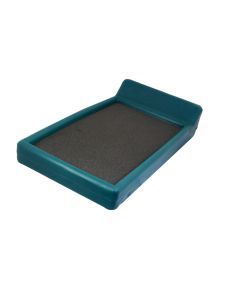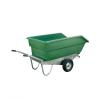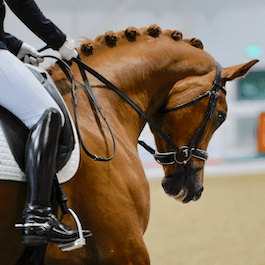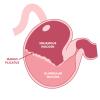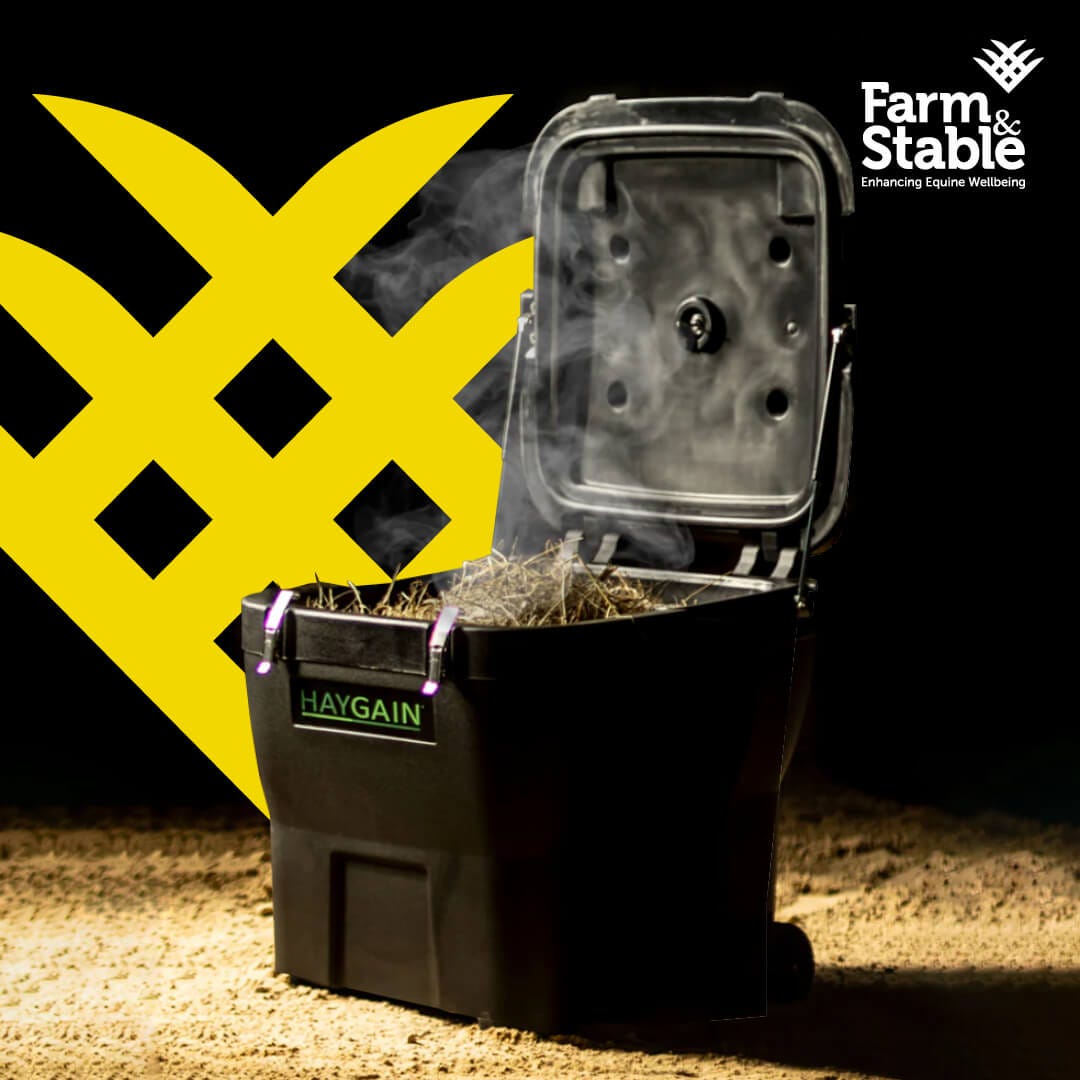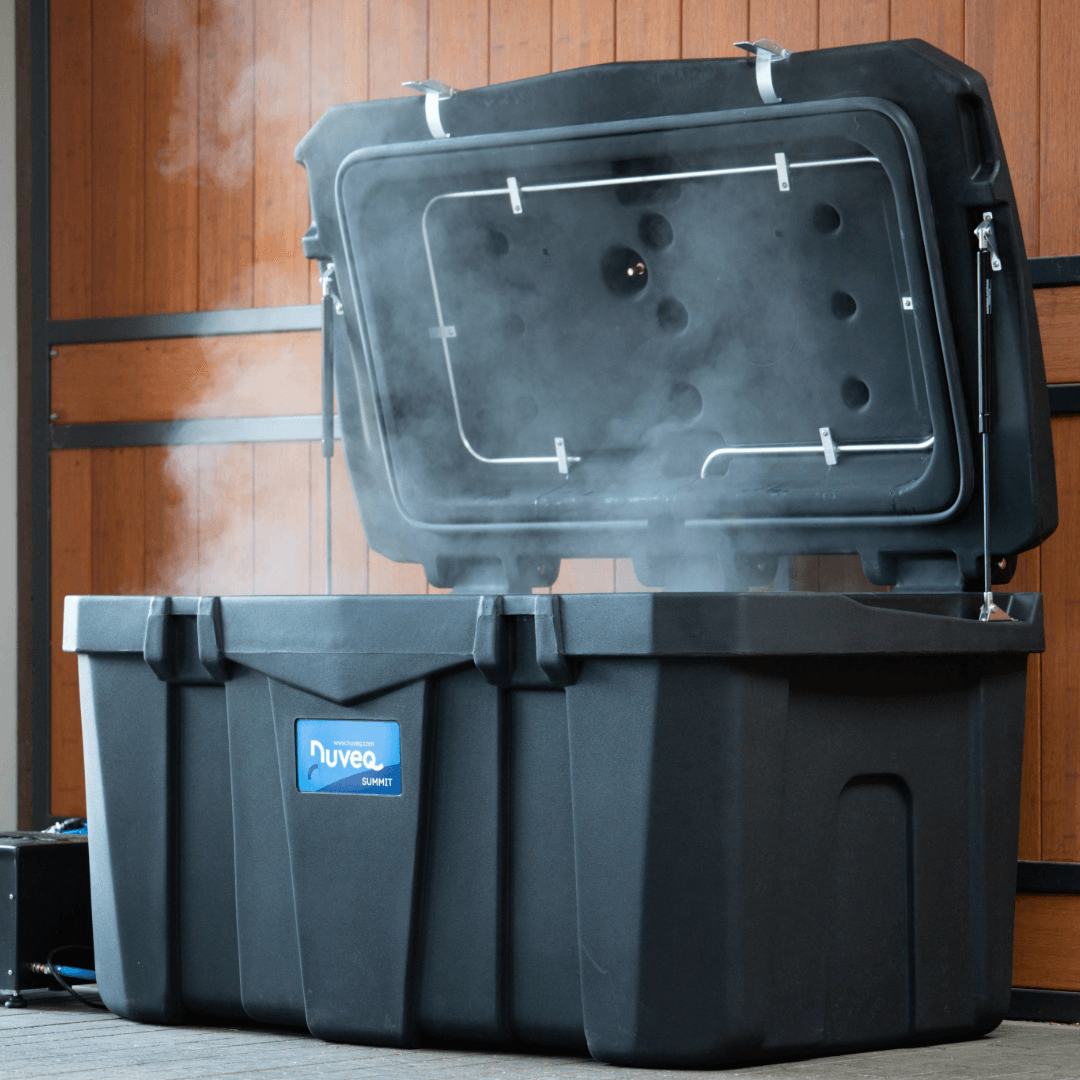(Updated 29th November, see below for more information)
On the evening of Wednesday 3rd November, the government evoked An Avian Influenza Prevention Zone (AIPZ) across Britain.
What does this mean?

The AIPZ means that all bird keepers (whether you have pet birds, commercial flocks or just a few birds in a back garden) are required by law to take a range of biosecurity precautions.
The risk
The risk of highly pathogenic (HPAI) avian influenza H5 has increased from medium to high for wild birds.
Additionally, the risk of poultry and captive bird exposure to HPAI H5 has increased from low to medium where biosecurity on the premises is below the required standard. Where stringent biosecurity measures are in place, the risk has increased but remains low.
All bird keepers are encouraged to maintain high standards of biosecurity as good practice for the health of their birds. Good biosecurity is an essential defence against diseases such as avian influenza and is key to limiting the spread of avian influenza in an outbreak.
Advice
If you own ducks, birds or chickens
- You must keep a close watch on your birds for any signs of disease, and must seek prompt advice from your vet if you have any concerns. If you suspect avian influenza you must report it immediately by calling the Defra Rural Services Helpline on 03000 200 301.
- Signs of avian influenza may include: swollen head, closed and excessively watery eyes, lethargy, tremoring, loss of appetite, respiratory distress such as mouth breathing, fever, watery droppings, marked reduction in egg production.
How to keep your birds safe

- Maintain a high level of biosecurity. Disinfect surfaces, clean footwear before and after visiting the birds, and humanely control rats and mice.
- Place feed and water in an enclosed space that is protected against wild birds and remove any spilt feed regularly.
- Keep your birds away from wild birds by creating suitable fencing around the area they access.
If one of your birds dies
- Contact the DEFRA Helpline (03459 33 55 77 – select option 7)
- If possible, wear disposable protective gloves when picking up and handling the bird.
- Place the bird in a suitable plastic bag, preferably leakproof. Care should be taken not to contaminate the outside of the bag, tie the bag and place it in a second plastic bag.
- If you wish to bury the bird, the burial hole must be sufficient to prevent animals scavenging and gaining access to it – at least 60cm deep is advised. The location must not be near any watercourses, or be likely to contaminate local water supplies.
Wild birds
Do not touch or pick up any dead or visibly sick birds that you find.
If you find dead wild waterfowl (swans, geese or ducks) or other dead wild birds, such as gulls or birds of prey, you should report them to the DEFRA helpline (03459 33 55 77).
This information is current as of 4th November 2021, please refer to DEFRA for full guidance and legal requirements during this time, or visit the government website for more information. https://www.gov.uk/guidance/avian-influenza-bird-flu#public
Biosecurity
Use Verbax, a powdered disinfectant for broad spectrum pathogen control. It is effective against all classes of viruses and both gram-positive and gram-negative bacteria. Santil Verbax is safe to use and readily biodegradable. As well as DEFRA approved.
Use a footbath. Position at the entrance or exit of sensitive areas to prevent the spread of disease and infection.
Avian Flu Update 29th November:
All poultry and captive birds must be kept indoors from today by law, says Defra, as bird flu outbreaks continue.
The new UK rule to keep captive birds indoors came into effect in the early hours of today. Initiated by the Department for Environment, Food and Rural Affairs (Defra) the rule applies to both poultry and other captive birds such as duck, turkeys and geese.
This is the latest step the government is taking to prevent the spread of Avian flu. They also urge anyone who sees dead or sick birds including swans, geese or ducks to not touch them or attempt to pick them up but instead report them to the government's dedicated helpline on 03459 335577.
If you are a bird keeper and have any suspicion of disease, you should report it to Defra's Rural Services helpline on 03000 200301.
It is vital that all animal owners maintain a high level of biosecurity. Refer to the advice above to keep your birds safe, and head over to the biosecurity section of our website to shop for everything you need to stay safe.
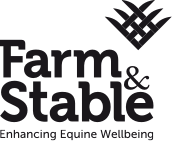

 Forgotten your password?
Forgotten your password?  Free Delivery on all orders over £95+VAT
Free Delivery on all orders over £95+VAT




